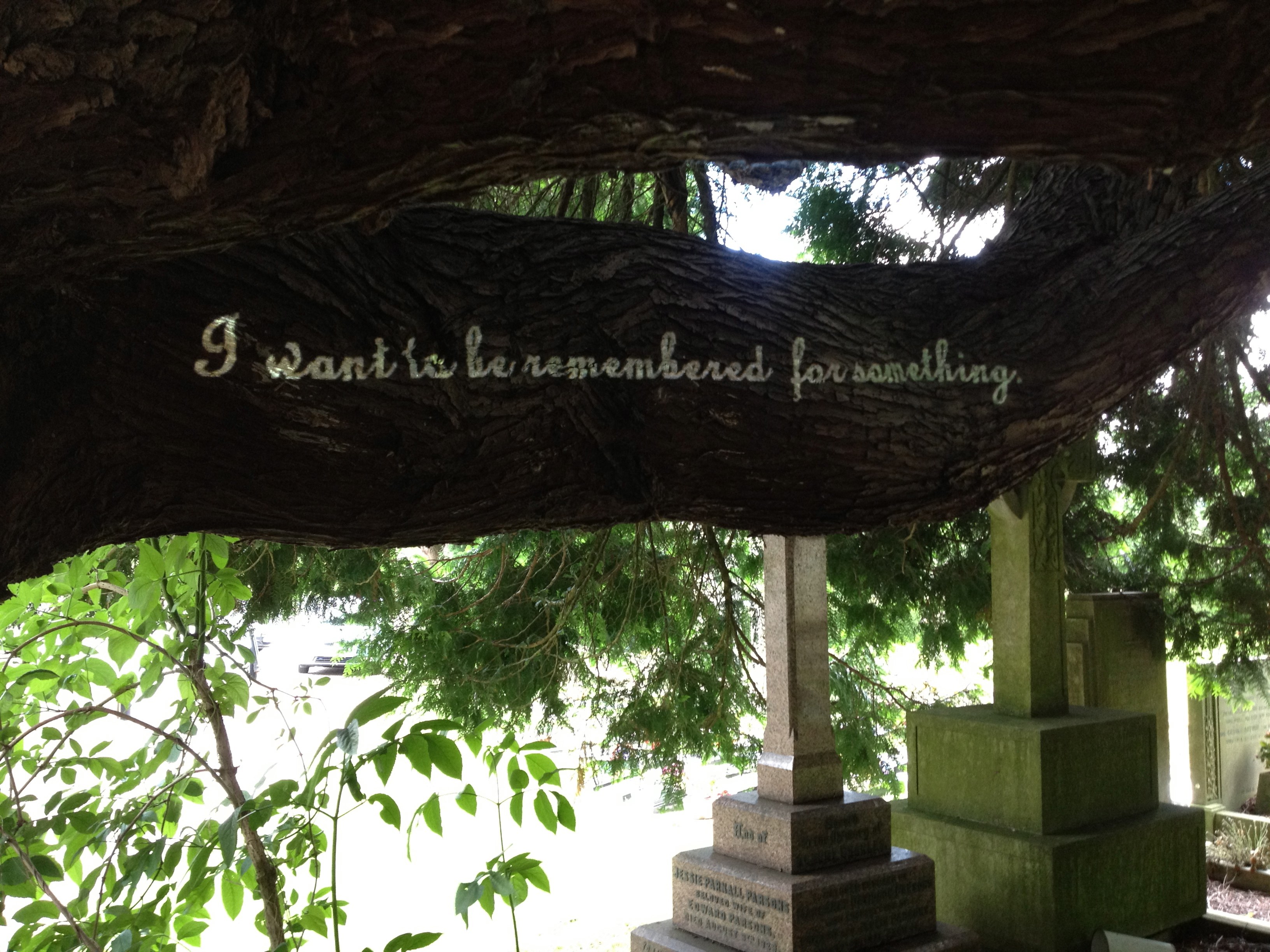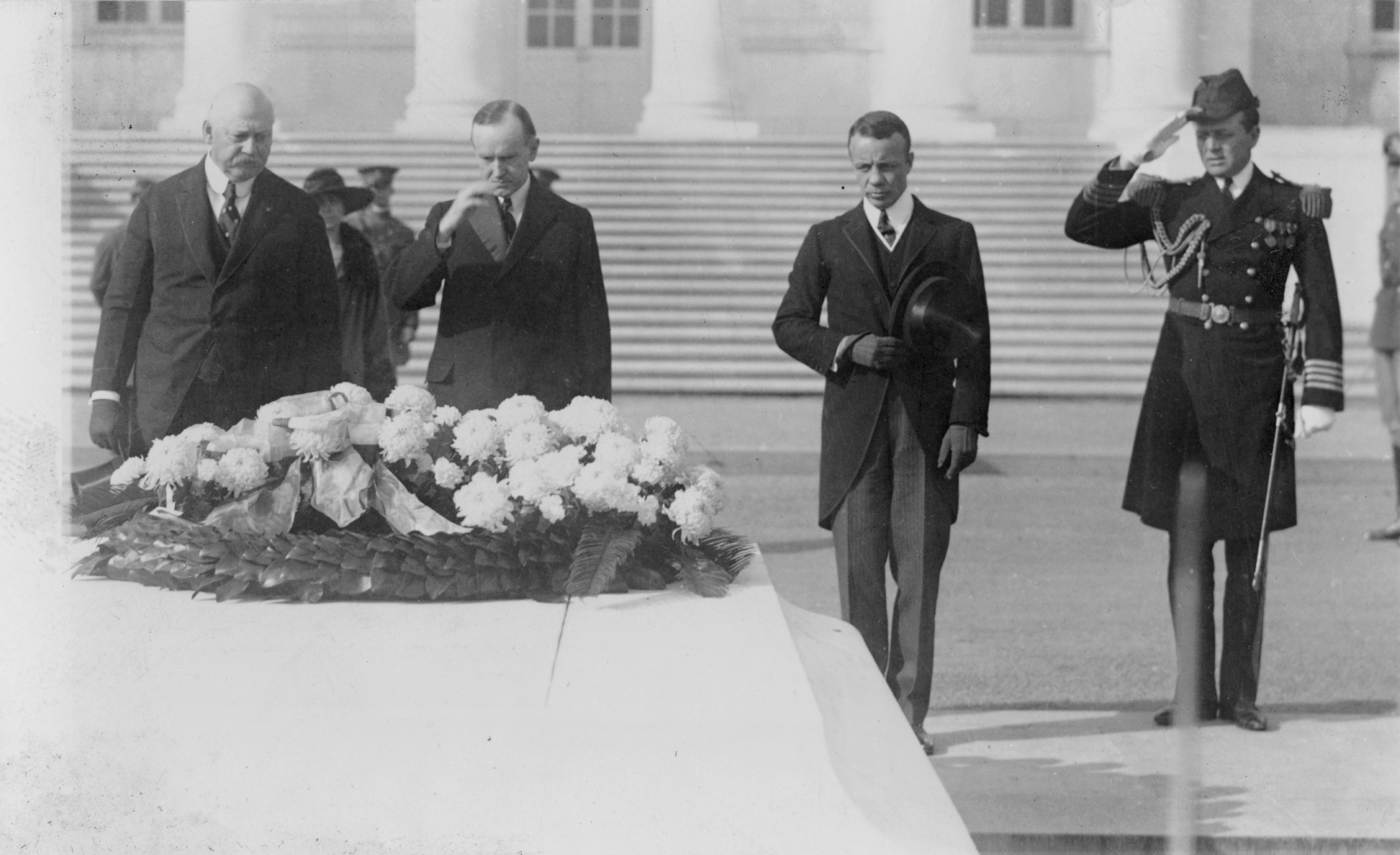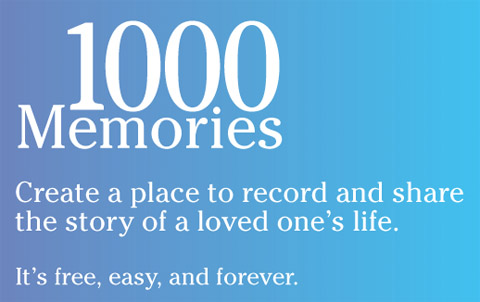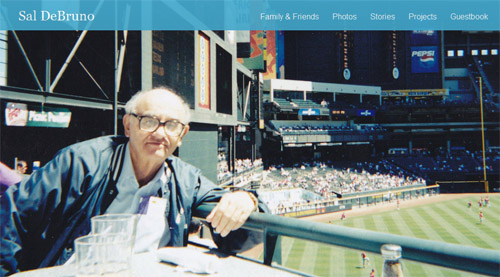https://www.youtube.com/watch?v=Rmlk74Iiqfg
I’m kicking off Day 2 of Death Ref’s 31 Days of Death project with a fundraising appeal.
A really smart Brazilian journalist and Anthropologist named Andreia De Sousa Martins needs your help to start her Ph.D. on Virtual Wakes and Digital Death at the University of Bath’s Centre for Death and Society.
I would be Andreia’s Ph.D. Supervisor in Bath and I really want to work with her.
Here’s the rub and hence the fundraising campaign: Andreia received a scholarship from the University of Bath but it doesn’t cover everything. She needs to raise £8,000 (which is just under $14,000) in order to cover some University fees and, most importantly, afford her Visa to study in the UK.
As a non-UK citizen who works in England, I can tell you that Visas are extremely expensive to procure. I’ve spent thousands of both pounds and dollars over the years on Visas. And hours filling out forms.
Andreia isn’t letting the need for additional funding dissuade her from starting her studies. Indeed, her resolve to begin the Ph.D. seems to only get stronger with each passing day.
One of the only ways Andreia has been able to raise the necessary funds is through a crowdfunding website called Student Funder. It’s a legit company and I think her campaign is worth supporting.
Andreia has FIVE DAYS left to raise the £8,000. She’s currently at £3,455.
So anyone and everyone– think about making a donation. It’s a worthwhile cause. I will also make sure that Andreia periodically updates the Death Reference Deask on her studies.
If you click here you will go directly to Andreia’s fundraising page.
I have also added in Andreia’s own appeal for funding and a video of support that I created.
The future of Death Studies is now in your hands!
Andreia De Sousa Martins Death on the Internet: my PhD on Virtual Wakes
Hello and thanks for checking out my campaign!
My name is Andreia and I’m a 28 year old journalist and anthropologist from Brazil and since 2008 I have been studying the ways social networks and social media help us deal with death and dying. I have presented a research project and have been accepted for a PhD at the Social and Policy Sciences Department at the University of Bath. My research is about Virtual Wakes.
What is that?
A wake is a ritual where the family and friends of a deceased accompanies the body before it’s buried or cremated. The virtual wake is a live broadcasting of that very moment, and was created so that the ones who could not attend the wake itself can be present with the helping of new communications technology. That moment can be shared with those who never knew the deceased, so my research will be a qualitative study of how the Virtual Wakes can help us deal with death and dying, deepening work I started in 2011.
I am deeply in love with my research area, which only continues to fascinate me every day. In addition, I desire to become a professor in the future and this PhD has been my priority since 2012. Death is a fascinating topic and I am extremely interested in learning how we have been dealing with it in different aspects and eras – and what ways we will come up with in the future.
In 2011 I was awarded a scholarship to complete my masters in Brazil and I have attended, chaired and coordinated sessions in several death-related academic conferences in Argentina, Romania, Austria, England, Chile and Brazil. My master’s thesis was awarded with Praise and Distinction. Bath has awarded me a 75% discount scholarship on the tuition fees but, despite
this generous help, I am still lacking the final £8,000 to pay my fees and gain my visa.
That’s why I have set up this StudentFunder campaign and ask sincerely for your kind support.
Please do take me up on the perks outlined to the right so I can show my appreciation to you, my supporters.




